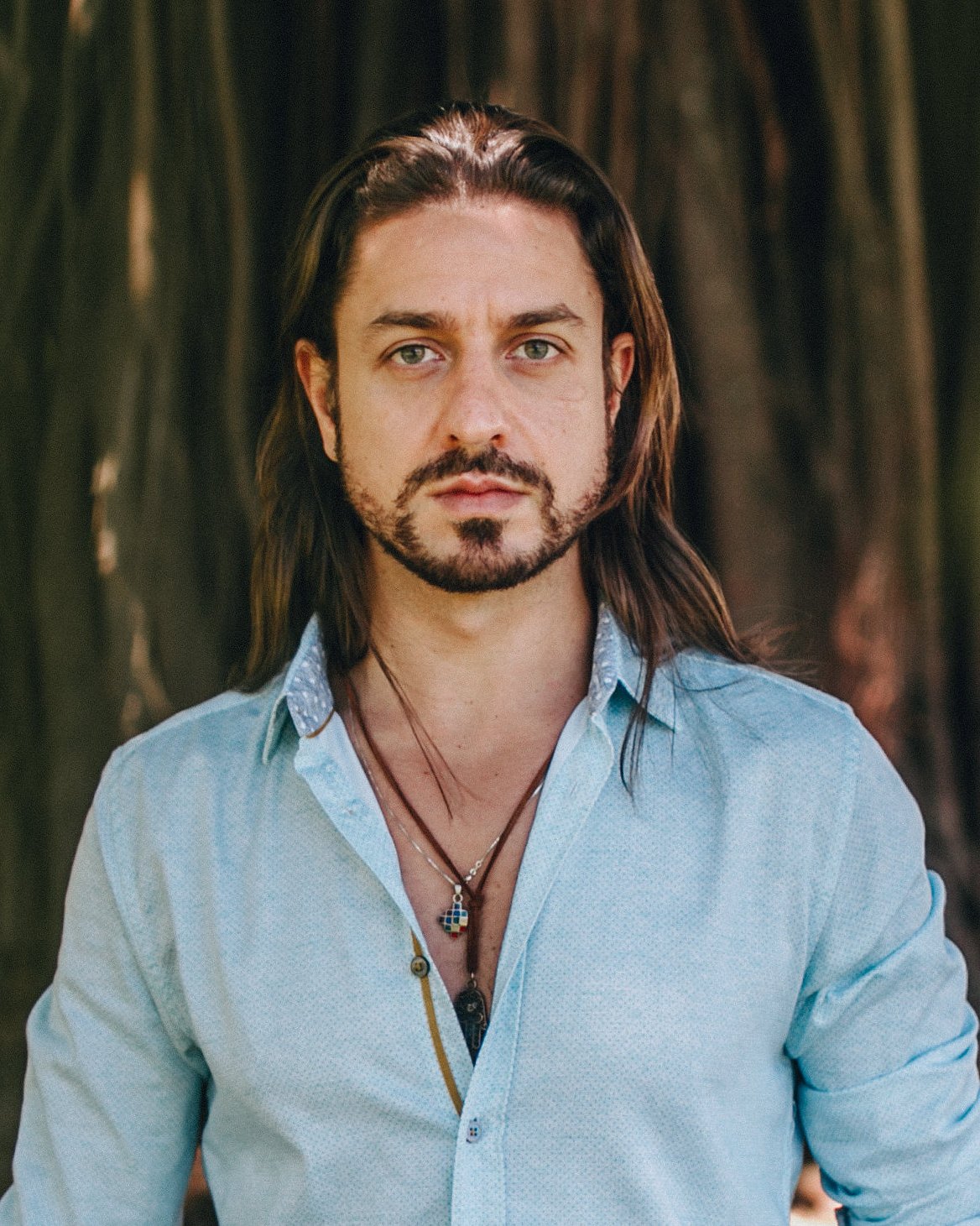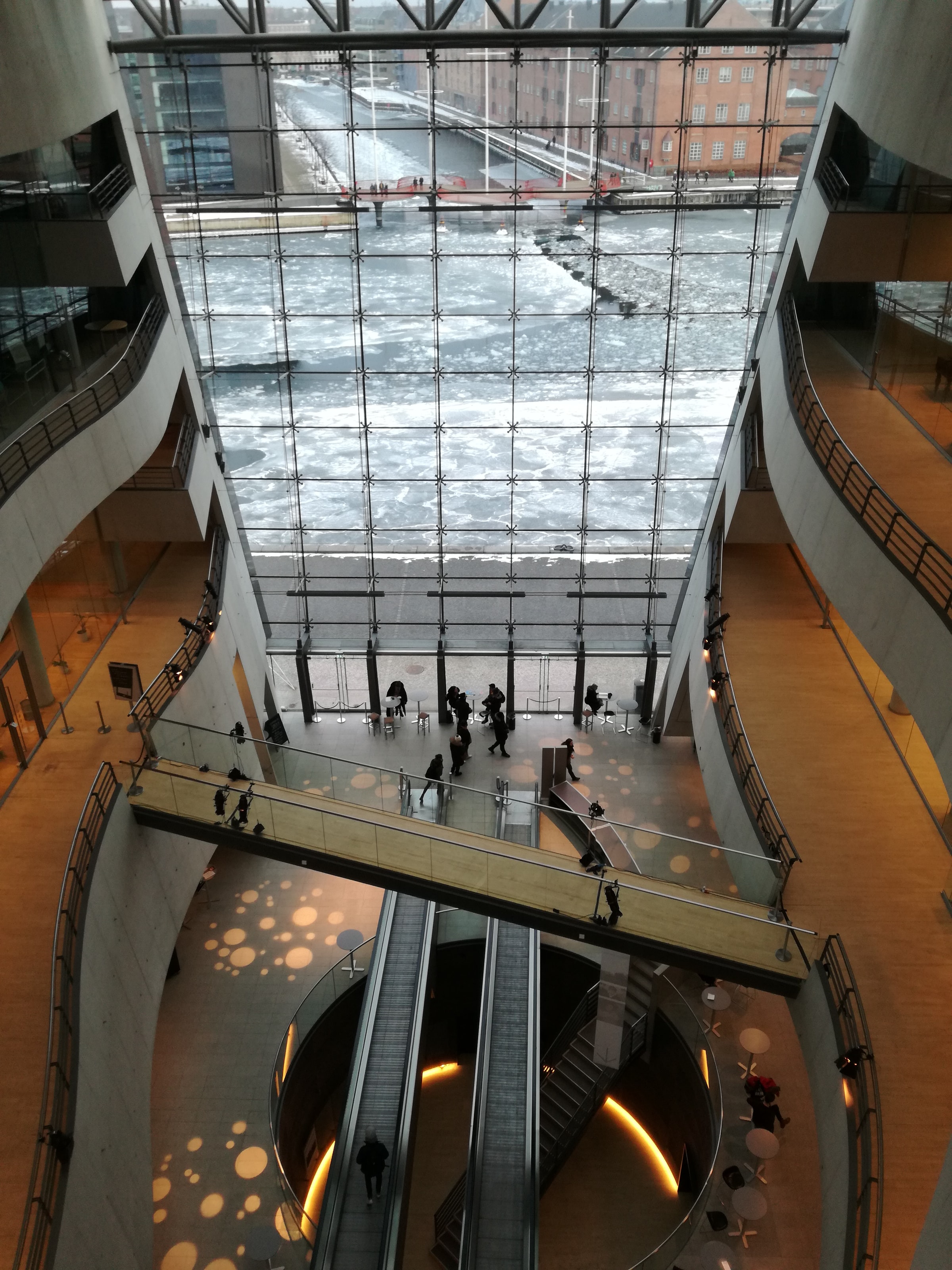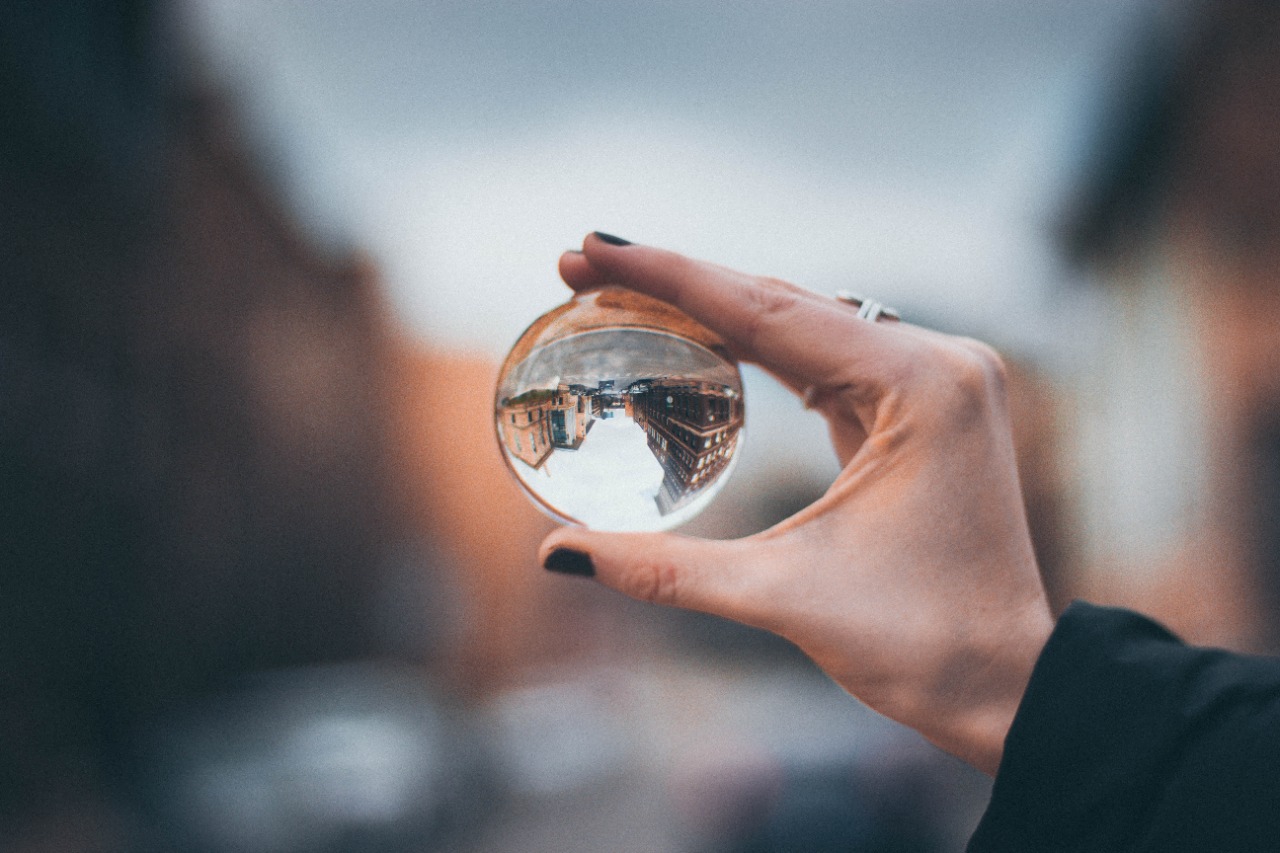I spoke to Lourenço Bustani, named by Fast Company one of the 100 Most Creative People in Business, on the topic of conscious innovation. In light of COVID, the topic became evermore relevant as many companies are forced to reinvent themselves. Our conversation was based on the premise that we need new perspectives as COVID forces us to rebuild the economy.
Identity Crisis and Birth of Mandalah

As the son of two Brazilian diplomats, Lourenço was born in New York, lived in 5 countries, and moved much of his life. Lourenço was accustomed to growing wings rather than roots, and the question “where are you from” became a kind of existential question for him. This experience I share with Lourenço. After working in finance and consulting, at 23 he describes being confronted with an “identity crisis.” This is how he found himself in Brazil founding Madalah in 2006. Mandalah (from Sanskrit loosely translated to circle of power) is a global Conscious Innovation consultancy and B Corporation certified.
His rich experiences growing up made him feel represented in many cultures and traditions. When belonging isn’t a given because you are forced to go back and forth between cultures–to make sense of them–you develop a sense of kinship with the “other.” I say this from my own experience. I realized in conversation that in search for belonging we also learn to weave narratives into our own, and identity becomes much more fluid because one’s identity is not so attached to a single place, culture, or one narrative.
What I found most refreshing is that Mandalah did not assume profit was antithetical to purpose. Their motto is innovating at the intersection of profit and purpose. “This view was informed by a certain ingenuous belief” says Lourenço, because that’s the optimism necessary to embark as an entrepreneur. Fast forward to today’s context where the COVID pandemic has revealed that we desperately need new business models–new agreements between businesses, workers, and society.
What the pandemic revealed

Capitalism is a fragile system
This criticism of our capitalistic system is not new, the pandemic just made it very urgent. The financial crisis of 2008 was our first warning sign that our financial system was more complex and entangled than any one government could account for or regulate, and most countries were hostage to it. Companies felt compelled to take on risky behaviors and to grow at all cost. In a more systemic view of profit, we could reinvent the full value businesses bring to society. However, we have a system that is greedy at its core and that makes people very passive. The wealth distribution has been greatly skewed to benefit few at the expense of many. In the process, corporations have become liable to environmental, cultural, and social aggressions. The pandemic was a reminder of recent economic stimulus that gave enormous bailouts to corporations that then turned around and laid off workers, cut their expenses, and resumed business as usual. We are seeing the costs of all this.
Capitalism is a unconscious system
The capitalist system, typified by the corporate culture, demands a competition paradigm where winners take all. The growth at-all-cost mindset, that depends on short-term gains with disregard for how this may play out long-term. There is an obvious mismatch between natural cycles and market cycles that are arbitrarily set to quarterly windows. This is how predatory capitalism is born. A complete decoupling of people, planet, and profits. And a short sighted system that puts capital growth over personal growth of employees or customers. Critics of the current scarcity mindset see 2008 and the pandemic as the wakeup call to reevaluate the end-goal. As Lourenço would point out, “if we think COVID is bad, wait until we feel the consequences of climate change.” Realizing how these things are connected is what Lourenço calls consciousness.
What if we no longer wanted to be cogs in a system?

For many, the pandemic also revealed we are not willing to put up with half truths anymore.
The idea that we could show up as our full-creative-selves to work is fairly new, because for centuries there was no place for that individualism. One of the legacies of the industrial revolution is the assembly line and factory worker. A series of workers and machines set up in succession with repetitive tasks to progressively assemble one product. The image of a cog in a machine comes to mind in this huge apparatus that needed workers to repeat this one task a million times. Subsequently, schools and training came to see training laborers in this way. A side consequence is that workers were seen as replaceable parts, as factories could retrain and replace workers with people-or robots. Even in the dawn of the information and the digital age, the assembly line mentality is still with us today. Compartmentalizing between professional and personal life is completely normal. Enter COVID! COVID completely blurred these lines. As our work meetings moved into our living rooms, and coworkers got a peek into our home life, showing up as partial versions was more challenging. The pandemic depleted our energy or bandwidth to carry on the professional vs. personal personas and forced many to say ENOUGH.
This conversation made me reflect about our roles as citizens. What if COVID is a critique of our fragmented lives and a labor market that forces us to squeeze into these roles and to remain passive in the face of a system that is no longer serving us? Or a system that has not been serving all of us equally?
For many, COVID came as a reckoning of how disconnected we have become to our humanness. Many of our relationships to each other, the market, and nature have been shallow. Consciousness in this context seems to be what Lourenço calls the “amalgam of our understanding in regards to our existence.” And I think the pandemic showed how much humanness went numb to keep feeding a capitalist system.
So long as the lines are blurred, and we must live simultaneously in two worlds -the corporate and family world- the contradictions will be constant reminders of a system that is indifferent to us.
Lessons at the intersection conscious innovation and profit

In light of the new world order that COVID has presented, I think innovation starts by reimagining our current systems to ensure a more conscious existence for humans on this planet. Lourenço used a phrase in our conversation that stuck with me: innovation must improve our human condition. As a society, it has become clear we need change, real tangible change, because the current course has not been sustainable for people, corporations, or the planet. Until now, for many companies doing good was an afterthought. Many Corporate Social Responsibility are separate departments, often in the fringes of corporate life, with limited budgets and bandwidth to implement lasting solutions to the enormous socio-environmental problems.
What if the implication of COVID is that in the midst of so much uncertainty, anything is possible? In the search to make sense of this current moment, it may serve us to know that several lived realities can hold true – as multifaceted creatures we can make sense of the different realities we inhabit. The chance of this awakening is a source of hope. To see that we are individuals, but we also make up communities, businesses, cities, states, nations that can redefine new possibilities.
There are ideas who linger dormant in our collective mind until their time has come to be. In just the last 12 months Larry Fink, Chairman of BlackRock wrote a letter to its shareholders, the World Economic Forum in Davos announced their Purpose of Declaration, and 11,000 world scientists declared a climate emergency, all making clear the interconnectedness between people, environment, and the global economic system.
As governments, companies, and citizens consider how to reopen the economy, beyond the actual opening of store fronts, the vital question we must ask is what does the economic system mean and who does it serve. The “economy” is a social contract, and it’s time to renegotiate its terms.


